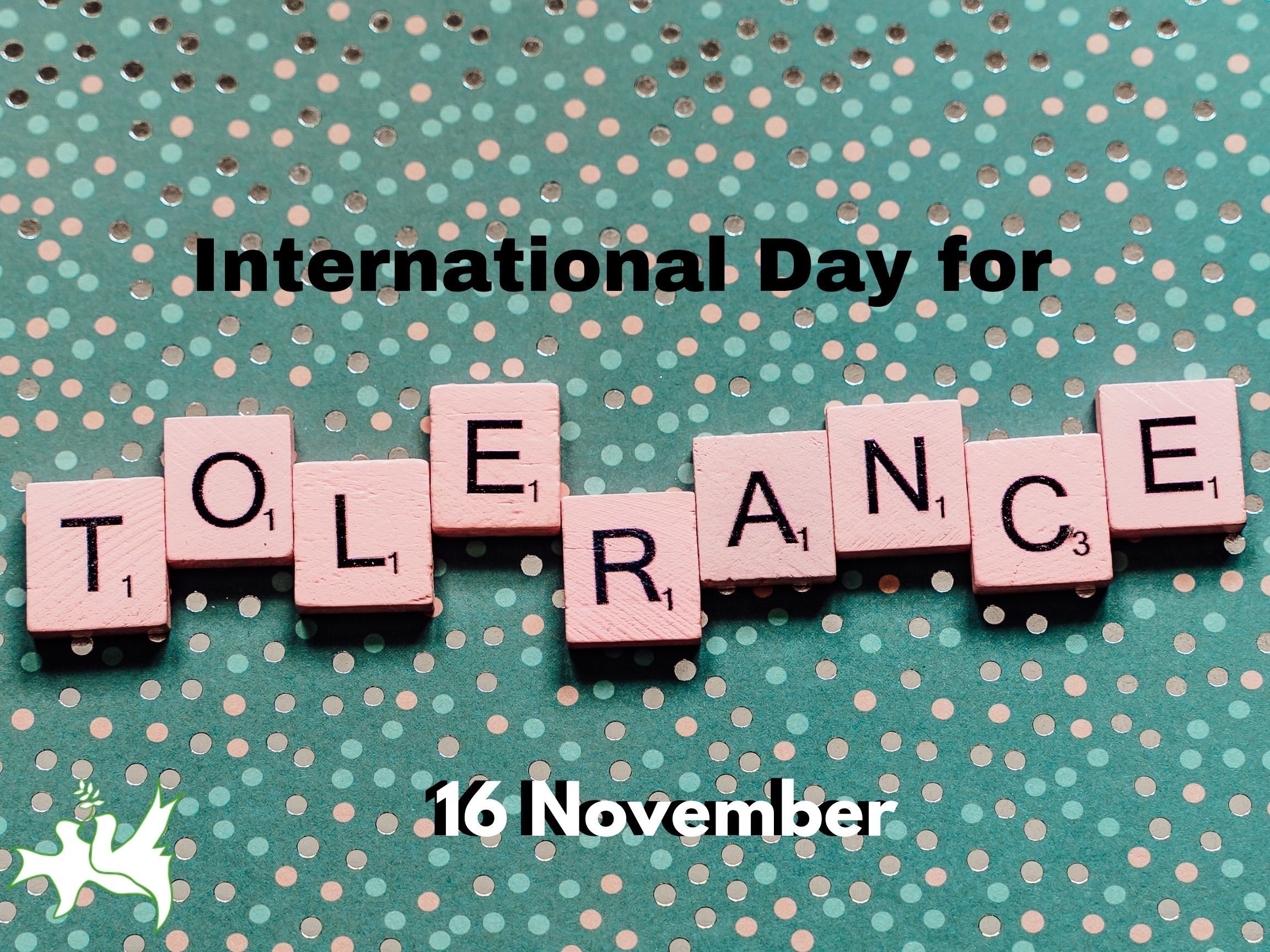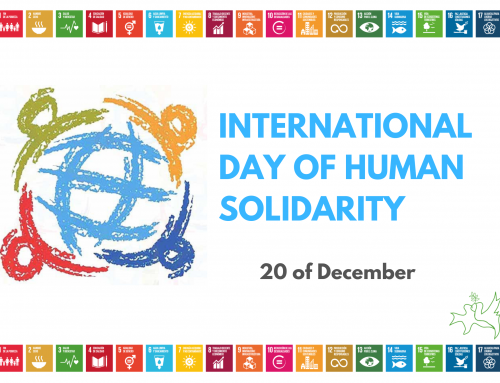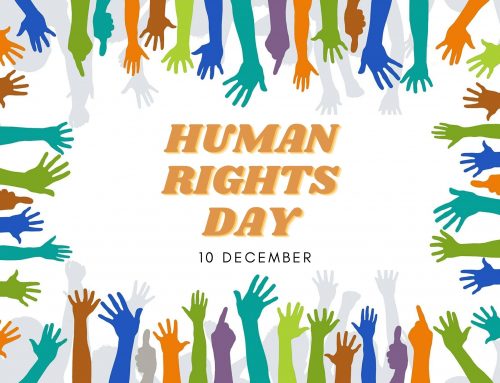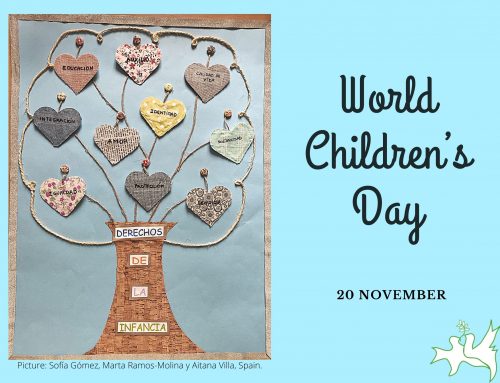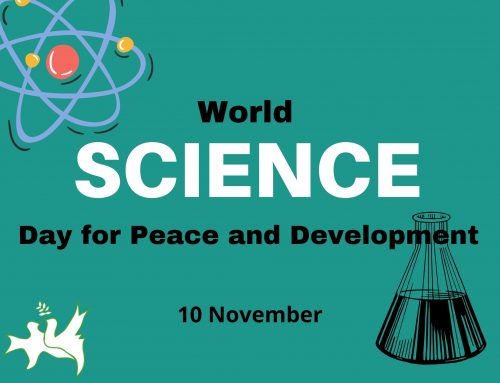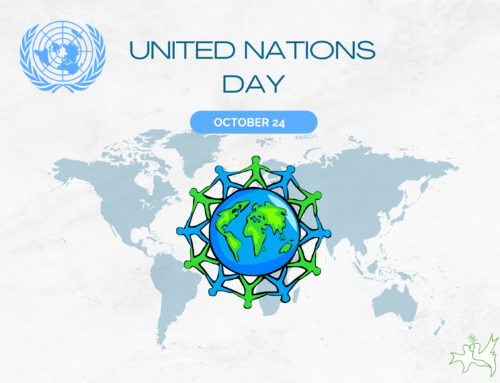The United Nations is committed to strengthening tolerance by fostering mutual understanding among cultures and peoples. This imperative lies at the core of the United Nations Charter, as well as the Universal Declaration of Human Rights, and is more important than ever in this era of rising and violent extremism and widening conflicts that are characterized by a fundamental disregard for human life.
In 1996, the UN General Assembly (by resolution 51/95) invited UN Member States to observe the International Day for Tolerance on 16 November. This action followed up on the United Nations Year for Tolerance, 1995, proclaimed by the UN General Assembly in 1993 at the initiative of UNESCO, as outlined in the Declaration of Principles on Tolerance and Follow-up Plan of Action for the Year.
The Declaration qualifies tolerance not only as a moral duty, but also as a political and legal requirement for individuals, groups and States. It emphasizes that States should draft new legislation when necessary to ensure equality of treatment and of opportunity for all groups and individuals in society.
Education for tolerance should aim at countering influences that lead to fear and exclusion of others and should help young people develop capacities for independent judgement, critical thinking and ethical reasoning. The diversity of our world’s many religions, languages, cultures and ethnicities is not a pretext for conflict, but is a treasure that enriches us all.
Source: Naciones Unidas

